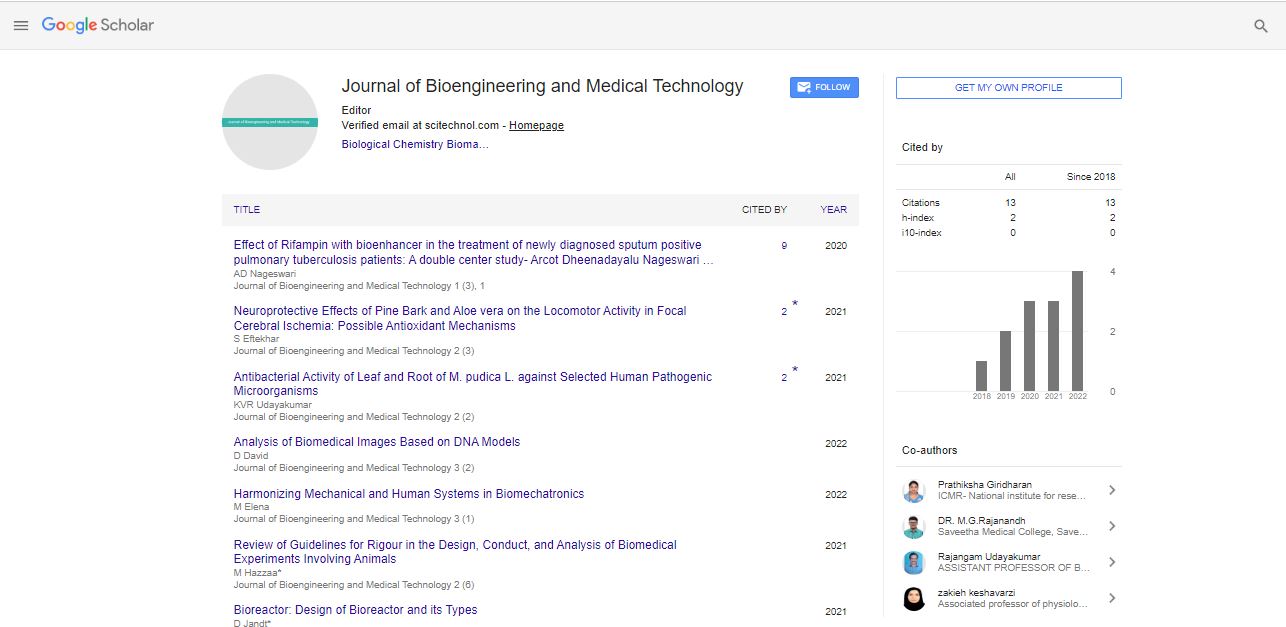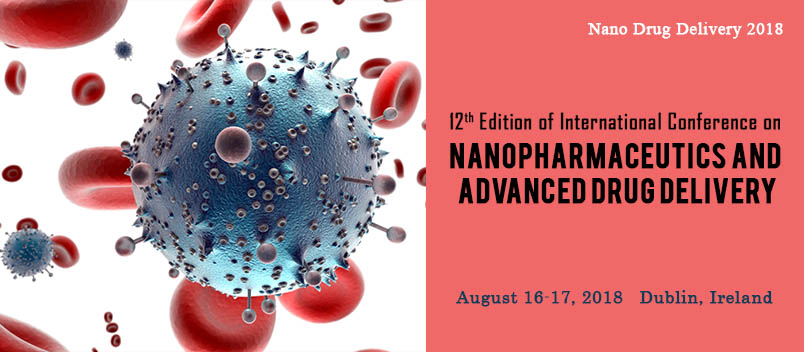Short Communication, Jbmt Vol: 2 Issue: 5
Influence of ZnO promoter on physicochemical and activity profile of novel carbon nanofibers based Cu-ZrO2 catalysts for CO2 hydrogenation to methanol
Author Name: Israf Ud Din
Abstract
A series of novel carbon nanofibers (CNFs) based Cu-ZrO2 catalysts were synthesized by deposition precipitation method. To investigate the influence of promoter, catalysts were loaded with 1, 2, 3 and 4 wt.% ZnO and characterized by ICP-OES, HRTEM, BET, N2O chemisorption, TPR, XPS and CO2-TPD techniques. The results revealed that physicochemical properties of the catalysts were strongly influenced by incorporation of ZnO to the parent catalyst. Copper surface area (SCu) and dispersion (DCu) were remarkably increased by incorporation of ZnO promoter. Nevertheless, SCu and DCu were decreased when ZnO content was exceeded beyond 3 wt.%. The catalytic performance was evaluated by using autoclave slurry reactor at a pressure and temperature of 30 bar and 180 oC, respectively. The promotion of Cu-ZrO2/CNFs catalyst with 3 wt.% of ZnO enhanced methanol synthesis rate from 32 to 45 g/kg.h. Notably, with the ZnO promotion the selectivity to methanol was enhanced to 92% compared to 78% of the un-promoted Cu-ZrO2/CNFs catalyst at the expense of a lowered CO2 conversion. In addition, the catalytic activity of this novel catalyst system for CO2 hydrogenation to methanol was compared with the recent literature data.
Keywords: carbon nanofibers
Introduction: A series of novel carbon nanofibers (CNFs) based Cu-ZrO2 catalysts were synthesized by deposition precipitation method. To investigate the influence of promoter, catalysts were loaded with 1, 2, 3 and 4 wt.% ZnO and characterized by ICP-OES, HRTEM, BET, N2O chemisorption, TPR, XPS and CO2-TPD techniques. The results revealed that physicochemical properties of the catalysts were strongly influenced by incorporation of ZnO to the parent catalyst. Copper surface area (SCu) and dispersion (DCu) were remarkably increased by incorporation of ZnO promoter. Nevertheless, SCu and DCu were decreased when ZnO content was exceeded beyond 3 wt.%. The catalytic performance was evaluated by using autoclave slurry reactor at a pressure and temperature of 30 bar and 180 oC, respectively. The promotion of Cu-ZrO2/CNFs catalyst with 3 wt.% of ZnO enhanced methanol synthesis rate from 32 to 45 g/kg.h. Notably, with the ZnO promotion the selectivity to methanol was enhanced to 92% compared to 78% of the un-promoted Cu-ZrO2/CNFs catalyst at the expense of a lowered CO2 conversion. In addition, the catalytic activity of this novel catalyst system for CO2 hydrogenation to methanol was compared with the recent literature data.
 Spanish
Spanish  Chinese
Chinese  Russian
Russian  German
German  French
French  Japanese
Japanese  Portuguese
Portuguese  Hindi
Hindi 
